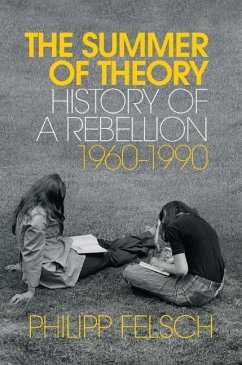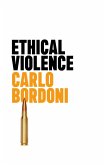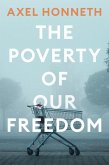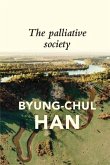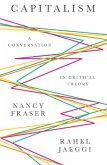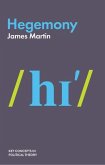'Theory' - a magical glow has emanated from this word since the sixties. Theory was more than just a succession of ideas: it was an article of faith, a claim to truth, a lifestyle. It spread among its adherents in cheap paperbacks and triggered heated debates in seminar rooms and cafés. The Frankfurt School, Structuralism, Post-Structuralism, Adorno, Derrida, Foucault: these and others were the exotic schools and thinkers whose ideas were being devoured by young minds. But where did the fascination for dangerous thoughts come from?
In his magnificently written book, Philipp Felsch follows the hopes and dreams of a generation that entered the jungle of difficult texts. His setting is West Germany in the decades from the 1960s to the 1990s: in a world frozen in the Cold War, movement only came from big ideas. It was the time of apocalyptic master thinkers, upsetting reading experiences and glamorous incomprehensibility. As the German publisher Suhrkamp published Adorno's Minima Moralia and other High Theory works of the Frankfurt School, a small publisher in West Berlin, Merve Verlag, provided readers with a steady stream of the subversive new theory coming out of France.
By following the adventures of the publishers who provided the books and the reading communities that consumed and debated them, Philipp Felsch tells the remarkable story of an intellectual revolt when the German Left fell in love with Theory.
Hinweis: Dieser Artikel kann nur an eine deutsche Lieferadresse ausgeliefert werden.
In his magnificently written book, Philipp Felsch follows the hopes and dreams of a generation that entered the jungle of difficult texts. His setting is West Germany in the decades from the 1960s to the 1990s: in a world frozen in the Cold War, movement only came from big ideas. It was the time of apocalyptic master thinkers, upsetting reading experiences and glamorous incomprehensibility. As the German publisher Suhrkamp published Adorno's Minima Moralia and other High Theory works of the Frankfurt School, a small publisher in West Berlin, Merve Verlag, provided readers with a steady stream of the subversive new theory coming out of France.
By following the adventures of the publishers who provided the books and the reading communities that consumed and debated them, Philipp Felsch tells the remarkable story of an intellectual revolt when the German Left fell in love with Theory.
Hinweis: Dieser Artikel kann nur an eine deutsche Lieferadresse ausgeliefert werden.
"Impassioned and full of detail, this is a fascinating snapshot of the period."
Publisher's Weekly
"Felsch's stance (well captured by his English translator, Tony Crawford) is that of a wry but sympathetic participant-observer. You end the book uncertain as to whether you should marvel at the grandiose pointlessness of it all, or celebrate a movement that put pure thought, accessed by careful reading and refined through intense discussions with comrades, at the very centre of life."
Sheila Fitzpatrick, Australian Book Review
"evocative and brilliant"
European Journal of Social Theory
"evocative and brilliant" European Journal of Social Theor
Publisher's Weekly
"Felsch's stance (well captured by his English translator, Tony Crawford) is that of a wry but sympathetic participant-observer. You end the book uncertain as to whether you should marvel at the grandiose pointlessness of it all, or celebrate a movement that put pure thought, accessed by careful reading and refined through intense discussions with comrades, at the very centre of life."
Sheila Fitzpatrick, Australian Book Review
"evocative and brilliant"
European Journal of Social Theory
"evocative and brilliant" European Journal of Social Theor

